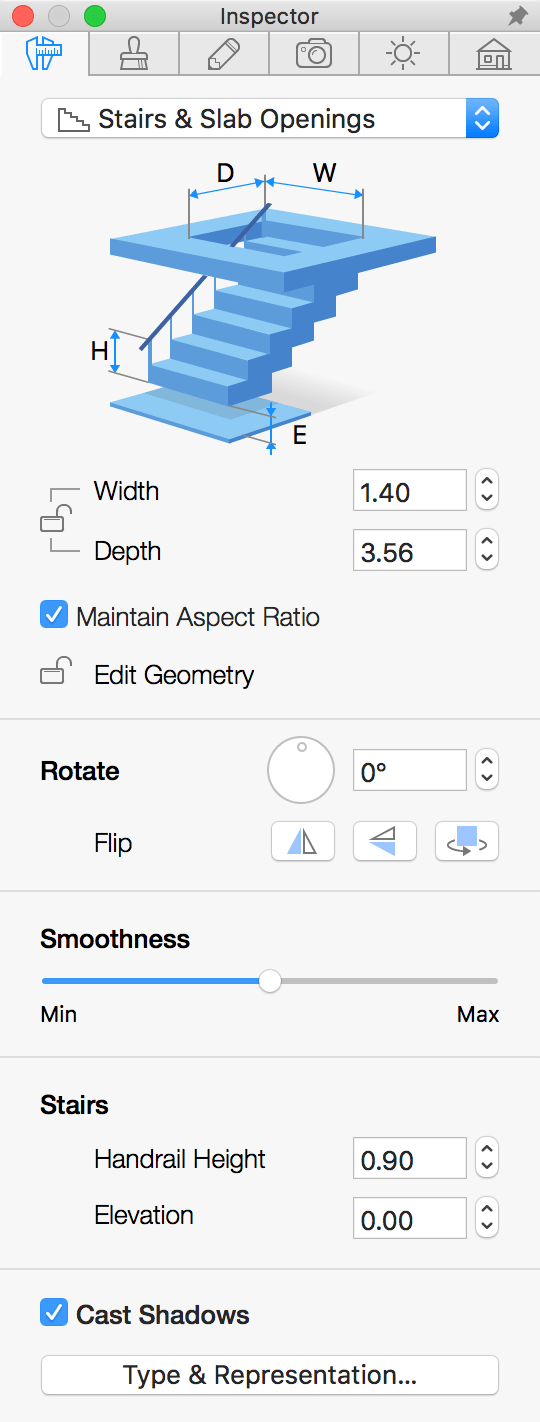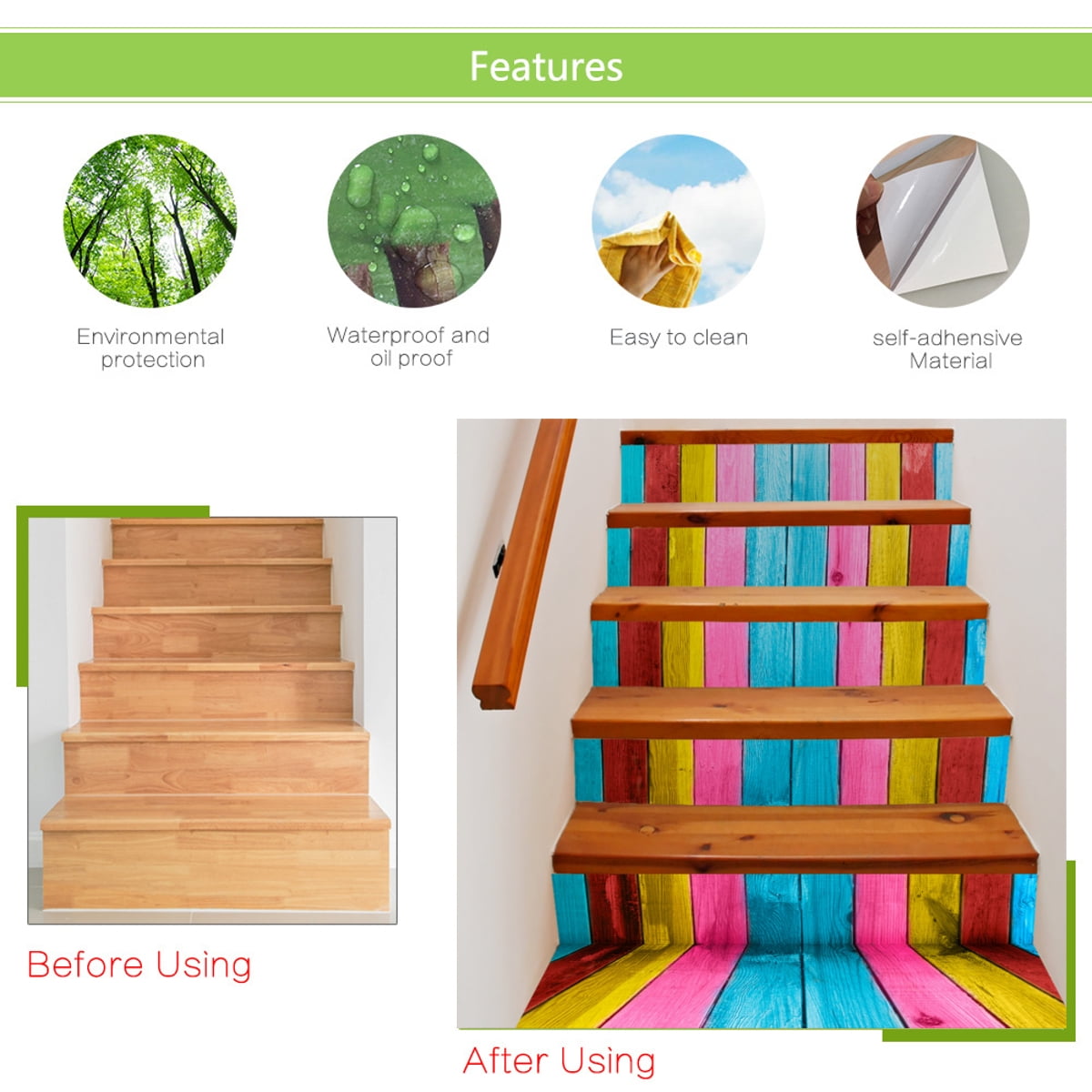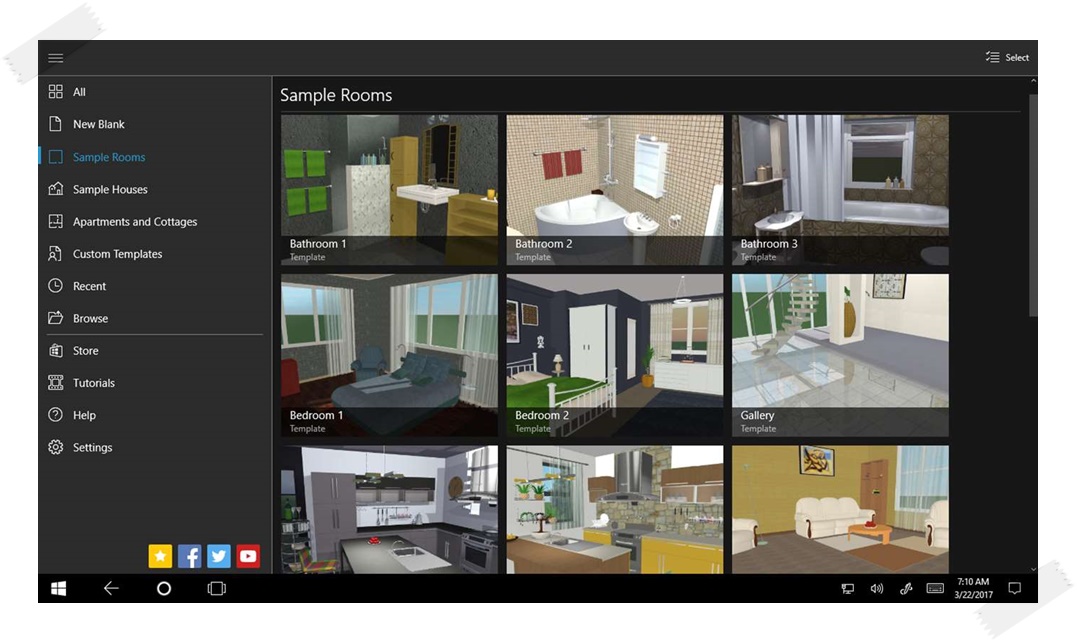
“She loved it because she was so social,” Messerli said. Messerli, for instance, is a home-care advocate, but her mother chose on her own to live in assisted living. This situation might suit an introvert just fine, but it can be difficult for a hardcore extrovert. Though staying at home works for many, for some, moving into a senior-living facility is the best option, Guidry and Messerli said.įor some people, getting older and losing mobility means spending more time alone. “If an individual is not qualified for home care and would be better suited in congregate care, we will tell them.”
#Live home 3d stairs free
Home care agencies also provide free assessments for families and individuals who are curious if home care is right for them, Messerli explained. With the right supports in place, many people in fact can remain in their home until the very end.” “Oftentimes people can stay in their own home if they have other support systems. Messerli said that with the right amount of support services, many older people, even those facing disabilities, do not have to move. “Start with the least intrusive way, unless the person is saying, ‘I would like to move to a community where there are more people around.’ Most people like to have help at home first, like a fall pendant or an emergency alert or someone to help with home chores or to step in if they are having trouble managing their finances.” Guidry said she often encourages families to take their time when considering a move to assisted living or other senior care facilities. “I’ve occasionally had someone who had a diagnosis that they know will limit them down the road and they decide on their own to go somewhere where they will be able to get that support should they need it.”

She was so happy when she moved somewhere and she could have more comfort knowing that there was someone around to keep her safe.” “I worked with a woman who lived in the city and she would stay up all night and sleep during the day because she was afraid that someone would break into her house in the night. “Sometimes, as people are aging, they start to feel more isolated or targeted because they are older or alone,” she said.

A third concern that Guidry often hears about is changes in the older person’s neighborhood.In these cases, she suggests, “A question to ask yourself or your loved ones is, ‘Is the home set up to be workable with changes that might be happening?’” “Over the years, I’ve heard many people say, ‘I like my home but I have too many stairs,’ or, ‘I had a fall and there wasn’t anyone to respond,’ or ‘I couldn’t get to the phone.’” Guidry said. A second common factor is concerns about physical safety.This often happens when an older adult has lost a life partner or friends and family have moved away or died. The first is a desire for more social connection due to increased isolation.Over her multi-decade career in senior care, Guidry said that she has observed several major concerns that often trigger thoughts about moving into senior living.

Every environment has its own risks.” Factors that trigger conversations Being in an assisted living setting doesn’t mean there will be no risk to your loved one. “Over the years, I have often worked with family members who are so risk adverse,” she said. Guidry said that she tries to explain that no living environment is completely risk free. Bobbie Guidry But family members often worry that independent living carries too many potential risks for their older loved ones, and they encourage them to consider moving to senior living out of concern for their personal safety.


 0 kommentar(er)
0 kommentar(er)
